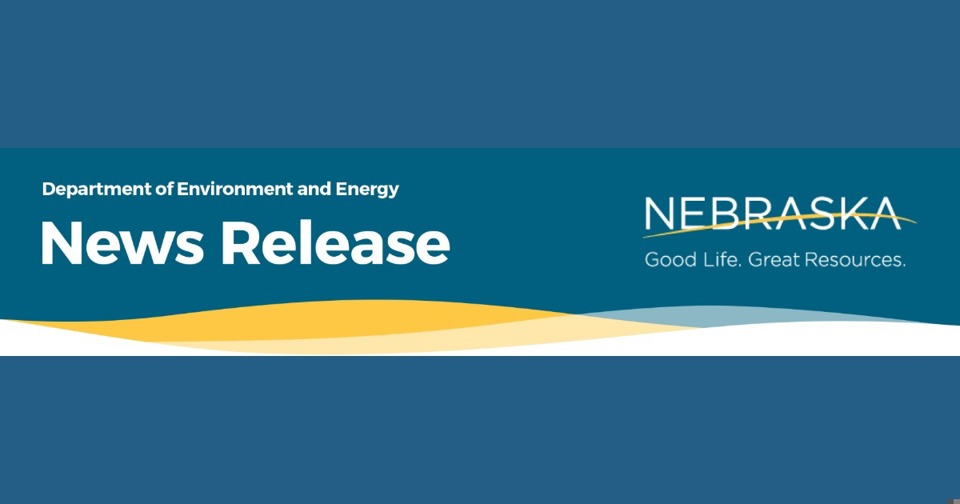NDEE releases report on statewide Nitrate in Drinking Water Study

LINCOLN, Neb. — The Nebraska Department of Environment and Energy (NDEE) has released a report following the completion of the Nebraska Nitrate in Drinking Water Study.
Funding for the study came from the passage of LB 814 during the 2023 legislative session, at the request of Gov. Jim Pillen. The goal of this study was to provide an analysis and recommend viable solutions for nitrate-affected drinking water, including private domestic wells, which are not regulated by the Safe Drinking Water Act (SDWA). This study focuses on nitrate in groundwater being used for drinking water.
The study includes nitrate sampling data from public water systems, the Nebraska Groundwater Clearinghouse, and from private domestic well owners who agreed to participate in the agency’s free sampling effort that began in November 2023 and ran through March 1, 2024. Nearly 3,500 test kits were returned for analysis and inclusion in the study, making this the largest private domestic well nitrate sampling effort in state history.
In addition to the final report, NDEE developed tools and resources related to the study, including:
A Geographic Information System (GIS) predictive nitrate groundwater concentration model
An interactive, web-based GIS tool for NDEE and resource partners to assess nitrate risk for private domestic wells
A nitrate outreach toolbox and guidance documents
Additional private domestic well nitrate data from the 2023-2024 free sampling effort
A public water system assistance ranking system to target outreach and funding
Nitrate summary reports available to community water systems to show trends in their source water
“There are many partners around the state who are working on solutions to nitrate in groundwater,” NDEE Interim Director Kara Valentine said. “This study helps provide a clear picture of the state’s current nitrate status. We thank our partners for their contributions to this study and will continue to work with researchers, industries and communities to improve water quality.”
The final report and other useful documents and links are available on the NDEE website here.
